Capacity Building
Capacity Building
Capacity building is one of ICHAD’s primary objectives as we continue to implement new programs to strengthen our communities. ICHAD provides capacity building opportunities and fellowships to students, team members, and scholars across the globe. By leveraging our global studies and University affiliations, ICHAD is able to promote bi-directional learning between the United States and Sub-Saharan Africa. We encourage capacity building through trainings and workshops, our annual Junior Scholar Travel Award program, and training programs.
Please see each of our individual training programs’ webpages (listed below) as well as our capacity building reports for more information.
ICHAD is currently leading four programs that promote capacity building:
ACHIEVE Research Training Program
Addressing the Research Capacity Gap in Global Child, Adolescent, and Family Health Utilizing Implementation and Data Sciences
ACHIEVE Training Program focuses on increasing dissemination and implementation (D&I) and data science research capacity in order to address global health disparities affecting children, adolescents, and their adult caregivers. As a consortium within the NIH Fogarty International Center (FIC) Global Health Program for Fellows and Scholars /Launching Future Leaders in Global Health Research Training Program (LAUNCH) program, ACHIEVE is designed for medical doctors (MDs) and post-doctoral (PhD) trainees in the U.S., as well as trainees (post-professional degree graduates) from six countries in sub-Saharan Africa—specifically, Ghana, Kenya, Rwanda, Sierra Leone, South Africa, Uganda. In addition, ACHIEVE collaborates with other sites in Sub-Saharan Africa, Central Asia, and Eastern Europe sharing similar health challenges and disease burden profiles.
Specifically, ACHIEVE is a one-year training appointment for trainees interested in applying D & I and data science methodologies in global health, with a special interest in projects related to children, adolescents, and their caregiving families; parenting; HIV/AIDS; mental health; cancer; nutrition; and environmental health.
Child Global Research Fellowship (CHILD-GRF)
LEAD Training Program
Training LEADers to Accelerate Global Mental Health Disparities Research Program
Funded by the National Institute on Minority Health and Health Disparities, the LEAD Global Training Program recruits and trains predoctoral students and postdoctoral trainees from across the United States, interested in global mental health research. This includes early career researchers and investigators within 5 years of their terminal degree.
LEAD capitalizes on the rich resources for local and global health research available at Washington University in St. Louis. The program provides trainees with the skills and experiences needed to lead multi-disciplinary, collaborative research teams focused on health disparities research in low-resource communities.
